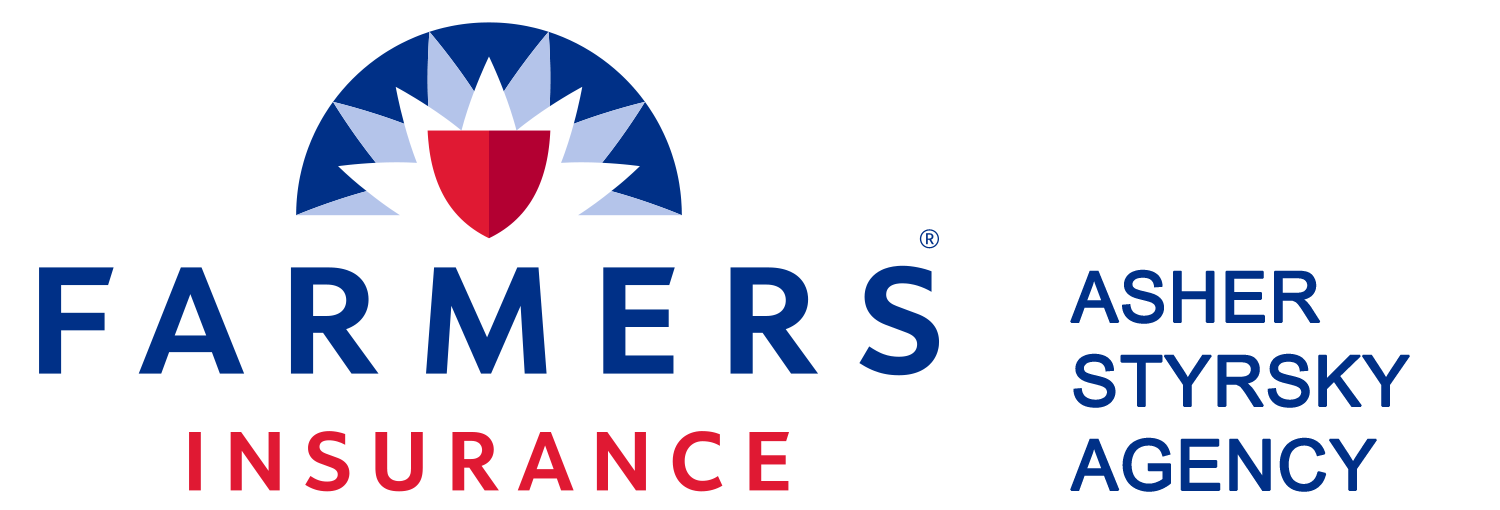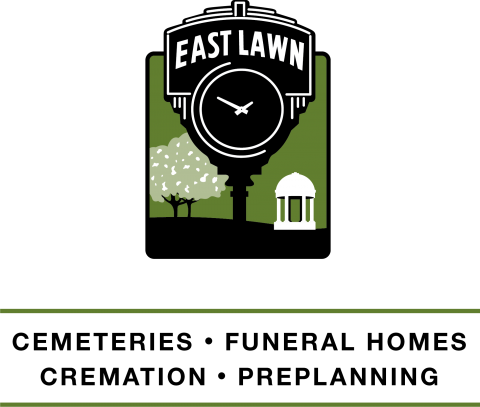Subscribe to our Newsletter!
 East Sacramento Preservation
East Sacramento Preservation- Community Meeting Announcement—Major East Sacramento Development 05/17/2025
- Tree Planting Season Wrap-Up at McKinley Park 04/13/2025
- 🌳 Volunteers Needed for McKinley Park Tree Planting! (March 29)🌳 02/19/2025
- East Lawn Memorial Park Guided Historic Walking Tours 02/08/2025
- 20 Is Plenty Lawn Sign Available 02/04/2025
Tag Archives: traffic
Courts Rule Against McKinley Village on Traffic—Action Needed by Neighborhood
The neighborhood has an opportunity to redress McKinley Village traffic concerns. Please read the below message and documents and reach out to city officials.
Friends and Neighbors––
We already know that more and more traffic from more and more development will continue to flood our neighborhood streets.
Traffic––like water––will flow wherever it can go.
California’s highest courts have ruled on traffic in favor of East Sacramento Partnerships for a Livable City (ESPLC) in its legal challenge to the City and the developers of the McKinley Village Project.
Essentially, the landmark ruling means that FAILING TRAFFIC considered OK under the City’s general plan alone is NOT OK!
“. . . The general plan alone does not constitute substantial evidence that there is no significant impact. . . .”
But, before the Court’s ruling could be implemented, the City and the developers first tried blocking its publication.
Failing that, they now are attempting to rush through a “Revised Draft EIR for McKinley Village,” which does NOT COMPLY with either state law under the California Environmental Quality Act (CEQA), or the published ruling of the Court of Appeal of the State of California––upheld by the California State Supreme Court.
Join neighbors in support of ACTION before 4:00 PM this FRIDAY, MARCH 3, 2017.
• PLEASE READ the attached files.
• VOICE YOUR CONCERNS to the City Council.
• SUBMIT A LETTER requiring the City to comply with the Court of Appeal’s ruling.
• DELIVER to: Dana Mahaffey, Associate Planner
City of Sacramento, Community Development Department
Environmental Planning Services
300 Richards Boulevard, Third Floor
Sacramento, CA 95811
E-MAIL: dmahaffey@cityofsacramento.org
• DEADLINE: March 3, 2017 at 4:00 PM.
Following is a detailed letter explaining the case.
A chart containing key dates and events in McKinley Village litigation, including requests for depublication, along with two of ESPLC’s representative Letters filed in the California State Supreme Court is forthcoming.
February 26, 2017
Dear Friends and Neighbors,
On November 7, 2016, the Court of Appeal of the State of California for the Third Appellate District, ruled in favor of East Sacramento Partnerships for a Livable City (ESPLC) in its lawsuit challenging the City of Sacramento and the developers of the McKinley Village project in connection with certain traffic impacts. The Court of Appeal ruled that the City of Sacramento’s failure to properly analyze these traffic impacts violated the California Environmental Quality Act (CEQA).
The Court of Appeal has directed the Superior Court to issue an Order to the City requiring that it:
- decertify the existing Environmental Impact Report (EIR);
- correct deficiencies in the existing EIR;
- recirculate a CEQA-compliant EIR before recertification.
It appears that the City is attempting to circumvent the Court of Appeal’s ruling by adopting a “Revised Draft EIR for McKinley Village” before the Superior Court can issue the Order. The Revised EIR does not contain the traffic analysis required by the Court of Appeal.
We encourage residents throughout the City who are concerned about unmitigated traffic from intensifying development flooding our neighborhoods to submit a letter or email to the City urging the City to reject the inadequate “Revised EIR,” and requiring that the City comply with the Court of Appeal’s decision. Please see the end of this update for guidelines on communicating your concerns to the City, on the record, before the March 3rd deadline.
Court of Appeal’s Ruling on Traffic
The Court of Appeal’s decision was certified for publication, meaning that it can be cited in other cases as legal precedent. Only about 10% of California Court of Appeal decisions are published. Although the relevant traffic-related portion of the decision addresses a narrow issue, the ruling has implications far beyond the McKinley Village Project. As written:
“. . . The general plan alone does not constitute substantial evidence that there is
no significant impact. . . .
. . . a threshold of significance cannot be applied in a way that would foreclose
the consideration of other substantial evidence tending to show the environmental
effect to which the threshold relates might be significant. . . .”
The Court of Appeal went on to prescribe the remedy:
“Because the EIR fails to explain or provide substantial evidence to support the finding of no significant traffic impact at these intersections, we must reverse the trial court’s denial of ESPLC’s petition for a writ of mandate and remand [return] the case for issuance of a writ directing the City to set aside its certification of the final EIR and to take the action necessary to bring the transportation and circulation section of the EIR into compliance with CEQA. . . .
. . . The City need only correct the deficiency in the EIR that we have just described before considering recertification of the EIR.” (Emphasis added.)
The developer of the project first called the Appellate Court’s ruling a minor technicality, easily remedied. Then, together with the City, the developer petitioned the Appellate Court for a rehearing on this issue.
The City’s request for rehearing was denied. However, before the Appellate Court could deliver its decision to the Sacramento Superior Court (which is responsible for issuing the order directly to the City), the City and the McKinley Village developer launched a statewide campaign to delay issuance of the order––and to diminish the significance of the Court of Appeal decision––by petitioning the California State Supreme Court to “depublish” the Court of Appeal decision. The City and legal counsel for McKinley Village were among the first groups of developers, state and local agencies, and building industry associations pressing for depublication.
After receiving multiple requests, the Supreme Court asked to see the record of the Appellate Court hearing, including the Administrative Record, which spans tens of thousands of pages. In opposition to these depublication requests, ESPLC pointed out that the rule being advocated by the groups seeking depublication would:
“. . . enable California cities to circumvent CEQA by adopting LOS F (i.e., “failing”) traffic conditions as thresholds of significance in their general plans, and to thereby avoid any responsibility for analyzing a project’s impacts on traffic, to avoid requiring feasible mitigation measures to address such impacts, or to avoid adopting statements of overriding considerations where mitigation is infeasible. Such a rule would undermine the fundamental goals of CEQA.”
After two months evaluating more than a dozen letters, the California Supreme Court denied all of the requests for depublication. On its own motion, it declined to review the matter and declared that the opinion of the Court of Appeal “is now final.”
The Court of Appeal’s published opinion on traffic in favor of ESPLC is now the law of the land.
Revised Draft EIR
During the months taken by the Supreme Court to reach its decision, the opinion of the Court of Appeal could not be delivered to the Superior Court for implementation.
During the delay, the City of Sacramento issued its “Revised Draft EIR for McKinley Village.” Yet, the Revised EIR contains no new traffic analysis. The lack of analysis in the Revised EIR does not address the Court’s direction to properly analyze traffic impacts, and does not reduce those impacts in any way in our neighborhoods and in the central core.
ESPLC believes that the City’s latest action violates not only the letter and spirit of CEQA, but also the express directions given by the Court of Appeal in its published decision.
The Court of Appeal’s decision––as confirmed by the Supreme Court––is significant and, quite literally, precedent setting. It requires cities and developers state-wide to respect the health and well-being of the People by properly evaluating the environmental impacts of new developments before they are approved. The decision confirms that which should have been obvious: the developers––and the government at the behest of the developers––cannot paper over significant environmental impacts by simply declaring those impacts to be “acceptable” without proper study and disclosure to the people who will be impacted. Here, however, the decision will be meaningless if the City is allowed to circumvent the Court of Appeal’s ruling before it takes effect. To avoid that, we need your help.
Voice your concerns to the City Council!
ESPLC encourages all who are impacted negatively in any way by unmitigated traffic to voice your concerns to the City Council in a letter or e-mail, which must be received by the City on or before
March 3, 2017.
Letters and e-mails should be focused on the issues currently before the City Council which conflict with the Court of Appeal’s decision. Specifically:
- Express opposition to the “Revised EIR for the McKinley Village Project,” noting that it does not contain a new traffic analysis, and no new mitigation that would lessen the significant traffic impacts of the project on the area neighborhoods and roadways.
- Significant traffic impacts continue to be unmitigated. Describe how you, your family, and neighbors are experiencing traffic issues even now, during construction of the Village project.
- Urge the City to comply with the decision of the Court of Appeal in the case of East Sacramento Partnerships for a Livable City (ESPLC) v. City of Sacramento, et al. by decertifying the current EIR, conducting a full, independent traffic analysis, and recirculating the EIR for additional public comment.
- Failure to follow the law will lead to further unnecessary taxpayer expense if the City must again be compelled to comply with state laws governing the environment.
Deadline:March 3, 2017 at 4:00 PM
Deliver Letter to:Dana Mahaffey, Associate Planner
City of Sacramento, Community Development Department
Environmental Planning Services
300 Richards Boulevard, Third Floor
Sacramento, CA 95811
-or-
E-mail Letter to:dmahaffey@cityofsacramento.org
Posted in City Council, District 3, Traffic
Tagged Angelides, calming traffic, city of sacramento, drive-like-your-kids-live-here, EIR, ESPLC, McKinley Village, meagan garcia norris, riverview capital investments, Smart Growth, tina thomas, traffic, traffic calming, Traffic Study
Comments Off on Courts Rule Against McKinley Village on Traffic—Action Needed by Neighborhood
Lawsuit Against McKinley Village – Appellate Court Hearing Set
Below is information from East Sacramento Partnerships for a Livable City regarding their suit against McKinley Village, including a link to the legal brief.
Dear Friends and Neighbors,
The lawsuit brought by East Sacramento Partnerships for a Livable City (ESPLC) to protect our neighborhood and future residents from the dangers of the McKinley Village project will be heard on Monday, September 19, 2016. ESPLC will present oral argument to a panel of judges at the Court of Appeal in Sacramento.
ESPLC pursued legal action after all attempts failed to persuade our City leaders to put the interests of City residents above special interests of developers. ESPLC continues its advocacy for first preserving, protecting, and improving environmental quality of life for residents throughout Sacramento. Common sense reveals the dangers and irresponsibility of approving a residential housing complex on an island of land surrounded by a major freeway on one side, high‐volume railroad tracks on the other, and bordering a former landfill:
• Increased cancer risks up to 12 times the accepted standard.
• Noise and toxic air particles from the anticipated 100 trains per day that require installation of air filtration units inside all of the homes and will render the outdoor portions of these residences, and project playgrounds, virtually unusable.
• An additional 1.2 million vehicle trips per year generated by this car‐dependent project through our already‐congested neighborhood.
• Potential methane contamination from the adjacent landfill site and inadequate monitoring systems that two independent agencies have described as not “fully effective in detecting and/or controlling landfill gas migration.”
These dangers, and many others, are simply too grave to ignore, and will never go away. ESPLC encourages you to join in support of our advocacy for common sense and for a fair and just public process by attending the oral argument before the Court of Appeal and by reading ESPLC’s attached legal brief. The oral arguments are open to the public and typically last less than an hour.
When: September 19, 2016
2:00 p.m.
Where: Court of Appeal of the State of California (Third Appellate District)
Stanley Mosk Library and Courts Building
914 Capitol Mall, First Floor
Sacramento, CA 95814
Case Name: East Sacramento Partnerships for a Livable City v. City of Sacramento, et al.
Case No. C079614
ATTENDANCE
For those attending the hearing, please plan to arrive by 1:30 PM. We have visited the Court and spoken to the security officers about procedures. Business or business casual attire is appropriate. Electronic devices (including cell phones), food, and drinks are not allowed. Visitors are asked not to speak once inside the courtroom and proceedings have started.
PARKING
The parking lot closest to the Library and Courts Building is the City Parking Lot on L Street between 10th and 11th Streets. Entrance is on 10th Street between L and K Streets. Payment is collected by credit card at the “Pay Here” machine on the 10th Street side, or by cash on the 11th Street side. (It is a large facility used by downtown employees but usually has plenty of room.)
THANK YOU
For your support of our neighborhood efforts to preserve and to protect the quality of life for all people within the City of Sacramento through advocacy of common sense and a fair and just public process.
Posted in McKinley Park, McKinley Village, Uncategorized
Tagged Angelides, calming traffic, city of sacramento, East Sacramento, East Sacramento Preservation, McKinley Village, McKinley Village Lawsuit, meagan garcia norris, Smart Growth, traffic
Comments Off on Lawsuit Against McKinley Village – Appellate Court Hearing Set
















 Subscribe In A Reader.
Subscribe In A Reader. Check Us Out On Facebook!
Check Us Out On Facebook! Check Us Out On Twitter!
Check Us Out On Twitter! Visit Nextdoor!
Visit Nextdoor!








